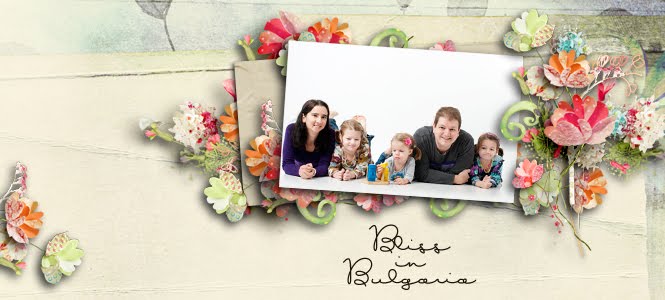The other day, Sasha and I were watching a show called Vikings.
The main character in the program is a Viking named Ragnar Loghbrok. In this episode, he listened to his son
complain about not being happy. Ragnar
used this moment to teach his son:
“I know it is hard for you to
accept, but unhappiness is more common than happiness. Who told you you should be happy? You have come to an age where you must grow
up and be responsible about such things.
When I was your age, I had many friends.
All are dead. Their happiness is
neither here nor there.”
Ragnar is a fictions portrayal of a typical Viking. He is practically illiterate and is prone to
acts of violence. He is not exactly the
picture of academia. Yet his views on
happiness display a wisdom that many highly educated men and women in the world
today fail to understand.
In the western world, personal happiness is seen as one of
the highest virtues. According to the
U.S. constitution, happiness is something that we all have the right to
pursue. There is nothing inherently
wrong with trying to be happy, but too often in the world today we elevate
happiness to such a point where we consider unhappiness to be wrong.
Happiness has been used as an excuse for all kinds of sins. A boy pirates a video game because he hopes
the game will make him happy. A teenaged
girl starves herself because she thinks it will make her beautiful and that
will make her happy. A woman has an
adulterous affair with a man because it makes her happy. When confronted by the man’s wife she
justifies herself by saying, “He’s not happy with you! He’s happy with me!” Men marry men and women marry women all in an
attempt to find happiness. Happiness
seems to be an explanation with such power that we assume the logic of it is unassailable.
I have even heard it used in religious terms. “It is ok if I do such and such because God want me to be happy.” I have met people who have caused much pain
to their friends, families, children, and spouses because they have disregarded
God’s commands in pursuit of their own dreams and declared that they were
actually worshiping God by becoming the happy people He intended them to be.
Such people have confused the God of the Bible with a god
made in their own image. If my personal
happiness is the means by which I determine morality, then I am the determiner
of good and evil and my god is me. I am
not a theist. I am a me-ist.
Yet even we in our lust for happiness recognize that
happiness as an excuse has its limitations.
Most of us would never accept the theft of a car because it made the
thief happy. Nor would we accept the
happiness of the plantation owner as an excuse for slavery. We are quick to break moral laws when it
makes us happy. Yet, we are equally quick
to condemn when someone else sins in a way we find unacceptable. If happiness can excuse my actions, why
doesn’t it excuse everyone else’s actions?
There is another problem with making happiness the highest
objective. It doesn’t work. We make our happiness the alter on which we
sacrifice everything else, yet we soon find that we have lost the very
happiness we seek. We focus so much on
what we need to be happy, and when we get it we find that our happiness quickly
fades. We then sacrifice something else
on happiness’s alter and again our happiness quickly fades. Soon we have nothing left to sacrifice and
our unhappiness is complete.
When we come to the end of our lives, we may tragically find
that by worshiping the god of our own happiness, we have given up everything to
gain what we wanted. We may find our
heart’s desire and find despair.
There is another road if you have the wisdom to take
it. It is a road where we pursue
happiness, not using our own desires as guidance, but God’s will as
guidance. God has given us His moral
law. By following it, we can take a road
that leads to something far beyond happiness.
Many people don’t like this road. The
road offered by the god of happiness seems too appealing in its simplicity. I think this is because we don’t understand
what God is actually offering. C. S.
Lewis put it well:
“It would seem that Our Lord finds our
desires not too strong, but too weak. We are half-hearted creatures, fooling
about with drink and sex and ambition when infinite joy is offered us, like an
ignorant child who wants to go on making mud pies in a slum because he cannot
imagine what is meant by the offer of a holiday at the sea. We are far too
easily pleased.”
If
you want to get on the right path, now is the time. Jesus is waiting for you with open arms and
no condemnation. He is ready to take you
down the road that leads to something greater than happiness. It leads to infinite joy. And the good news is you don’t have to
struggle to get it like you struggle for your happiness. You need only surrender yourself to His will
and let Him take you to the place you were made for.
Regardless of which path you chose, remember the words of
Ragnar:
“Who told you you should be happy? You have come to an age where you must grow
up and be responsible about such things.”





